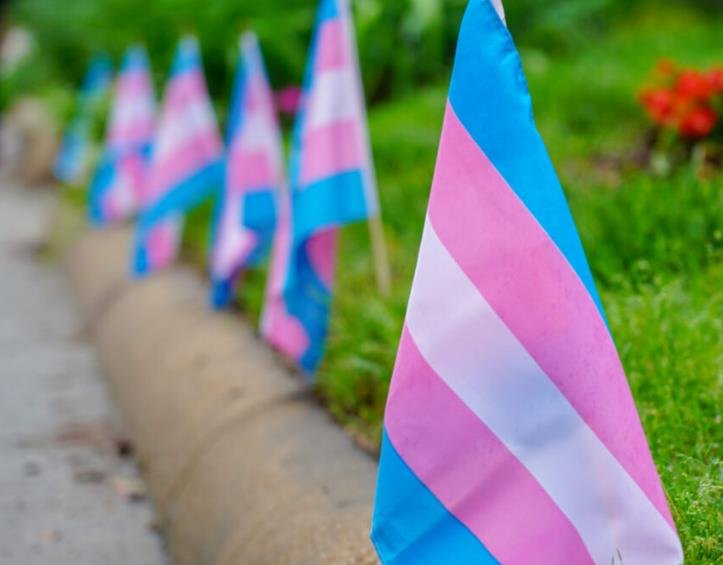Louisiana, one of the most conservative and anti-abortion states in the US, has been embroiled in a legal and ethical battle over its abortion ban, which took effect after the Supreme Court overturned Roe v. Wade last year. The ban prohibits abortions in almost all cases, except when the life of the mother is at risk or the pregnancy is the result of rape or incest. However, the ban has been challenged by several lawsuits, and has also raised questions about the healthcare, ethics, and personal choice of women who seek or need abortion services.
The abortion ban in Louisiana has faced several legal challenges from different groups and individuals, who argue that it violates the constitutional rights and the health interests of women. Some of the lawsuits are:

- Hope Medical Group for Women and Medical Students for Choice v. Louisiana Department of Health: This lawsuit was filed by an abortion clinic and a pro-choice organization, who claimed that the ban was “unconstitutional” and “vague”. They sought a temporary restraining order to block the ban, which was granted by a state judge in June 2022. However, the order was lifted by an appellate court in August 2022, forcing the clinic and two others in the state to close temporarily. The case is still pending before the state supreme court.
- Kaitlyn Joshua v. Woman’s Hospital and Baton Rouge General Medical Center: This lawsuit was filed by a woman who suffered a near-fatal miscarriage and was denied treatment by two hospitals, who cited the abortion ban as a reason. Joshua needed a procedure similar to an abortion to remove the remains of her fetus, which posed a serious risk of infection and sepsis. However, the doctors and the lawyers of the hospitals refused to perform the procedure, fearing prosecution under the ban. Joshua eventually received the treatment at a third hospital, but not before enduring severe pain and distress. She is suing the hospitals for negligence, malpractice, and emotional distress.
- Planned Parenthood Gulf Coast and Center for Reproductive Rights v. Louisiana Attorney General and Louisiana Department of Health: This lawsuit was filed by a reproductive rights group and a national abortion provider, who challenged the constitutionality of the ban and its exceptions. They argued that the ban violates the due process and equal protection clauses of the 14th Amendment, and that the exceptions for rape and incest are too narrow and burdensome. They also claimed that the ban discriminates against women based on their sex and reproductive capacity. They are seeking a permanent injunction to prevent the enforcement of the ban.
The ethical dilemmas of the abortion ban
The abortion ban in Louisiana has also raised ethical dilemmas for both the providers and the patients of abortion services, who have to navigate the complex and controversial issues of life, health, and autonomy. Some of the ethical dilemmas are:
- The conflict between the rights of the fetus and the mother: The ban is based on the premise that the fetus is a person with a right to life, and that the state has a compelling interest in protecting that life. However, this premise conflicts with the right of the mother to make decisions about her own body, health, and future, and to terminate a pregnancy that may be unwanted, unsafe, or unhealthy. The ban also ignores the potential harms and risks that the mother may face from carrying an unwanted or problematic pregnancy to term, such as physical, mental, social, and economic consequences.
- The moral responsibility of the healthcare providers: The ban imposes a moral responsibility on the healthcare providers who offer or perform abortion services, who have to balance their professional duty to provide quality and compassionate care to their patients, and their personal beliefs and values about abortion. The ban also creates a legal liability for the providers, who may face criminal charges and penalties if they violate the ban or its exceptions. The ban may also discourage or prevent some providers from entering or staying in the field of reproductive healthcare, creating a shortage of qualified and willing providers in the state.
- The personal choice of the women who seek or need abortion services: The ban limits the personal choice of the women who seek or need abortion services, who have to cope with the physical, emotional, and practical challenges of obtaining an abortion in a hostile and restrictive environment. The ban may force some women to continue pregnancies that they do not want or cannot afford, or to seek unsafe or illegal abortions that may endanger their lives or health. The ban may also stigmatize and shame the women who seek or need abortion services, and deprive them of their dignity and autonomy.
The abortion ban in Louisiana is a contentious and complex issue that affects the healthcare, ethics, and personal choice of millions of women and their families in the state. The ban has been challenged by several lawsuits, and has also raised questions about the rights, responsibilities, and dilemmas of the providers and the patients of abortion services. The ban has the potential to change the landscape of reproductive rights and justice in Louisiana and beyond, depending on the outcome of the legal and social debates.
















